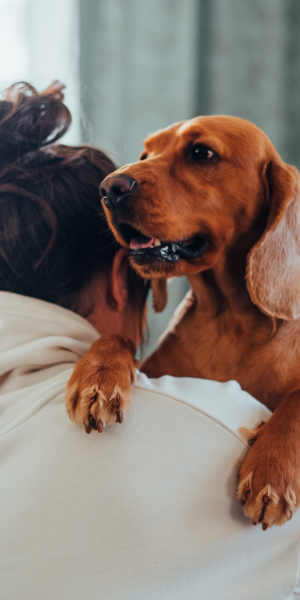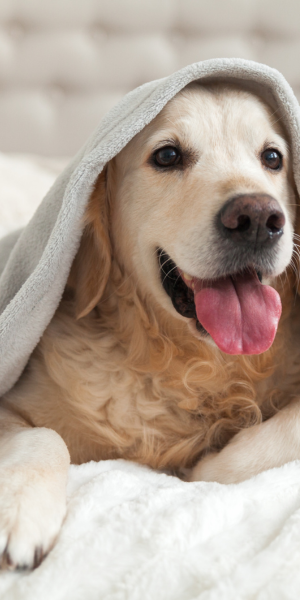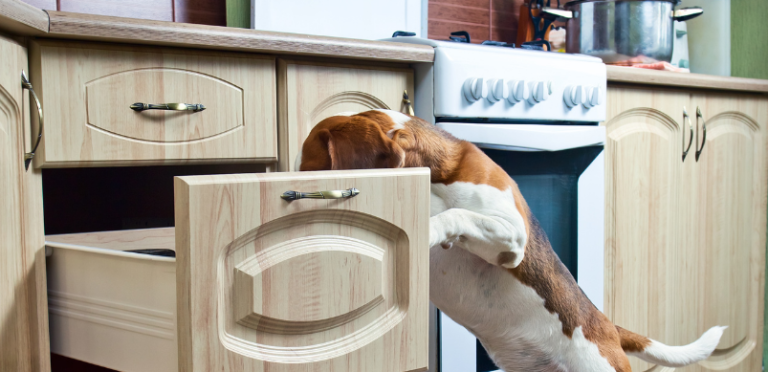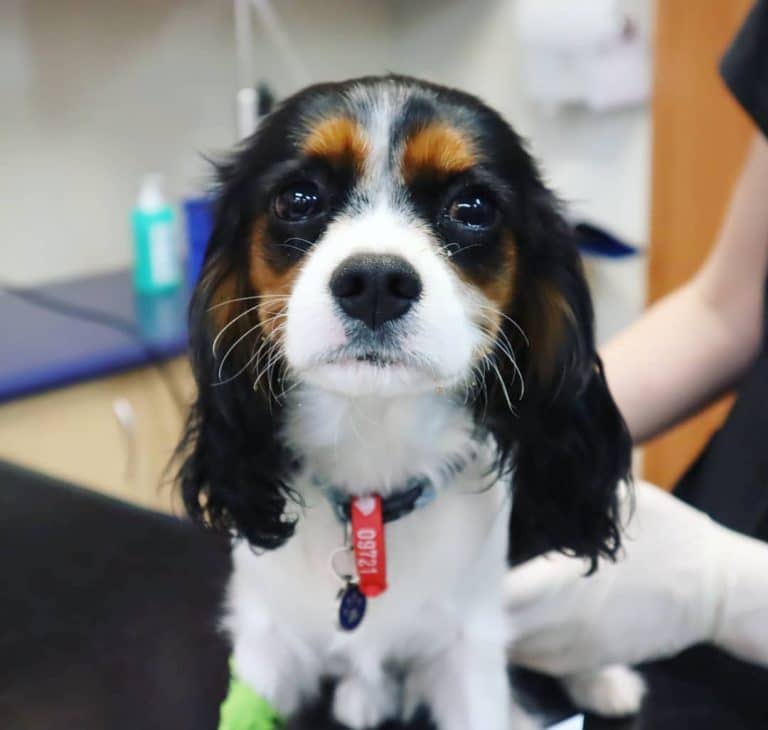Effective Ways to Keep Calm Your Pet When Fireworks Begin
Fireworks are usually a symbol of joy and a fresh start for us humans. For our pet fireworks have a completely different impact. While we enjoy the dazzling displays, our furry friends often find them distressing, scary, and bewildering. As we gear up for New Year’s Eve, it’s important to note a concerning trend: more pets tend to go missing on this night than almost any other.
In our emergency hospitals, we’ve observed a spike in lost and injured pets during the New Year period. Some come in just a bit rattled and scared, but others arrive with severe injuries due to their panic caused by the loud fireworks.
To avoid the heartache of searching for a missing pet when the new year kicks in here is how to keep pets calm during fireworks. Taking some simple precautions can make a world of difference. It’s all about getting yourself, your household, and especially

Why are dogs so afraid of fireworks?
Understanding how dogs react to fireworks sheds light on their fear. Dogs possess heightened senses, especially in smell and sound – abilities far more acute than our own. To a unsuspecting pup, fireworks aren’t just loud explosions; they emit bright light and unusual odours.
Since fireworks aren’t a regular occurrence, they add an element of terror to our furry companions’ experience. Compounding the issue, dogs lack the ability to comprehend the situation; we can’t explain to them what’s happening. Our pets thrive on routine and have strong fight-or-flight responses. When an unexpected explosion occurs, it can trigger a range of reactions based on your pet’s personality.
The risks associated with firework phobia in dogs are concerning.
Such phobias can be both destructive and risky, not only for the dogs themselves but also for others around them. If your dog experiences storm phobia, chances are your pet will have a similar reaction to fireworks. Each pet may have a different reaction – some might cling close to you, becoming your unexpected bedmate. While others might seek security under a bed or in their crate.
Frightened dogs have been known to sustain severe injuries in their efforts to escape. Injuries can happen when animals escape fences, jump through windows, or get into car accidents. This can be quite distressing for dog owners just as much as it is for our dogs.
Fireworks can also cause anxiety and make muscles shake so much that it can be dangerous. It can lead to heat stress and be life-threatening.
Signs Your Dog is Scared of Fireworks
Dogs communicate their distress in various ways when confronted with the frightening sounds and sights of fireworks. If there’s a fireworks display in your vicinity, pay attention to these behaviours and signs in your furry companion:
- Increased Drooling: You might notice your dog salivating more than usual. This is often a physical response to stress or anxiety.
- Unusual Barking: When dogs are frightened by fireworks, they may bark excessively as a way to express their discomfort and try to get help or attention.
- Seeking Your Company: Anxious dogs might shadow you closely, seeking comfort and reassurance. They’ll try to remain near you as a safety measure.
- Hiding or Cowering: Dogs might seek hiding spots or cower in corners or under furniture to find a sense of security from the loud noises of fireworks.
- Trembling or Shaking: Visible shaking or trembling could indicate high anxiety levels due to the startling noise and bright flashes.
- Excessive Licking or Scratching: Dogs may resort to repetitive behaviours like licking or scratching themselves excessively as a coping mechanism.
- Dilated Pupils and Wide-Eyed Expression: Fear can cause their pupils to dilate, and they might have a wide-eyed, anxious expression.
- Attempts to Flee or Escape: Some dogs, overwhelmed by fear, might try to escape the source of the noise, leading to attempts to break free or run away.
Understanding these signs will help you provide support and comfort to your dog during fireworks displays.

There will be fireworks tonight, what do I do?
If you’re planning to head out to enjoy fireworks with friends and family, but your furry friend will be home alone, here’s what you can do to ensure your dog’s safety and comfort. If your dog typically experiences storm or noise phobias, they’re likely to have a similar reaction to fireworks. Consider these steps, akin to what you’d do to calm your pet during storms or noisy situations.
Here are some top tips to keep your dog safe and calm during fireworks:
- Early Preparation: Be aware of the scheduled fireworks so that you can prepare in advance.
- Exercise and Feeding: Ensure your pet has exercised beforehand and is well-fed, as a tired and contented pet is often less anxious.
- Supervision: It’s crucial to supervise your pet to prevent them from escaping or causing self-injury. If you can’t be present, arrange for someone trustworthy to watch over them.
- Indoor Stay: Keep your dog indoors if possible. This not only minimises the noise impact but also prevents them from running away.
- Create a Safe Haven: Designate a quiet, safe spot inside with a comfortable hiding place. Close blinds to reduce visual stimuli. Allow them access to areas they feel secure in, like closets or under the bed.
- Masking Sounds: Use background music or the TV to muffle the noise of fireworks.
- Remain Calm: Act normally and avoid excessively comforting or fussing over your pet, as this might reinforce their anxious behaviour.
- Distraction: Engage your pet with games, favourite toys, or treats to divert their attention from the fireworks.
- Avoid Punishment: Don’t reprimand your pet for being scared. Instead, offer comfort and use distraction techniques, as punishment can worsen their behaviour.
- Secure Boundaries: Ensure fences and gates are secure to prevent easy escape routes for your pet.
- Microchipping: Ensure your pet is microchipped with updated details in case they manage to escape.
- Desensitisation and Positive Reinforcement: Consider gradual exposure to fireworks and positive reinforcement techniques to help your pet become less sensitive to loud noises.
- Consult the Vet: Discuss behavioural programs or medical options with your vet to address noise phobias in your pet.

Remember to check your local government or community websites for fireworks schedules in your area and take proactive measures to safeguard your furry companion.
By creating a secure and soothing environment indoors, remaining calm, and providing distractions, you can help your furry friend weather the loud noises and flashes. Remember, your care and attention will go a long way in reassuring your pet during these challenging times.
Here’s to a safe and enjoyable time for both you and your beloved companion!



